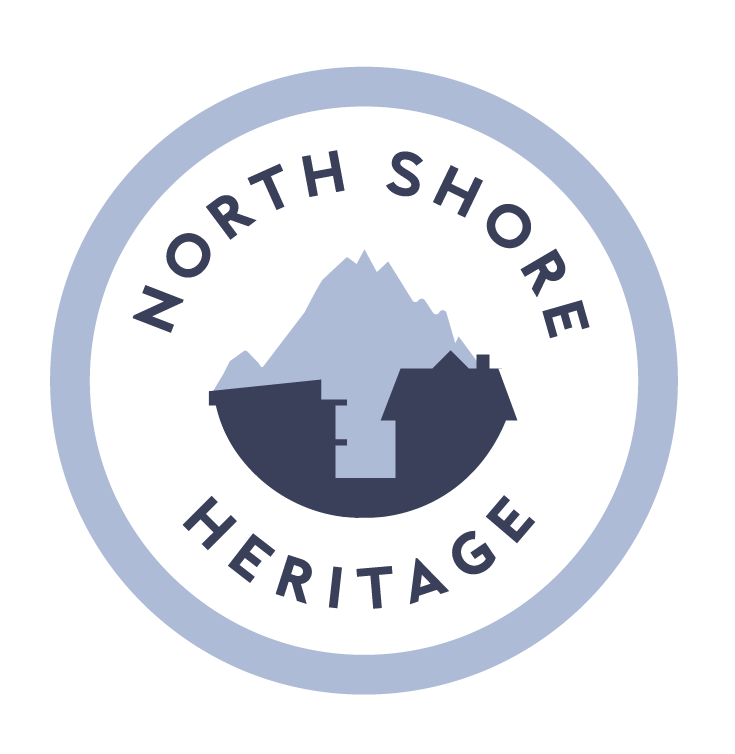If you’ve ever thought of making a speculative land investment on the Burrard Inlet’s north shore you might want to heed the experience of the English novelist, short story writer and poet, Rudyard Kipling. Famous as the creator of Mowgli, the ‘man-cub’ raised by wolves in the children’s classic, The Jungle Book, Kipling was a visitor to our shores in his early 20’s, firstly in 1889, and then later in 1892, whilst on honeymoon with his newly wed, Carrie Balestier. On both occasions he made an investment in real estate and lived to rue the day.
Rudyard Kipling in 1892, non-copyright photograph.
Kipling spent much of his childhood and early working life in India, but in 1889 decided to return to his homeland, England. His journey was by way of the Far East and the Americas, and included a trip to Vancouver. The infant city of then 14,000 people was recovering from the devastation of the great fire three years earlier and the acquisition that Kipling made was - at that time - an out-of-town double lot on Fraser Street, Vancouver (then known as Scott Street).
Kipling chronicled his trip via a series of dispatches to the Civil and Military Gazette, an Indian newspaper for which he was a correspondent. Later published in his travelogue, From Sea to Sea and other Sketches, it is clear that Kipling bought the land ‘blind’, only visiting it a day or so later:
“And I took it as easily as a man buys a piece of tobacco. Me voici, owner of some four hundred well-developed pines, a few thousand tons of granite scattered in blocks at the roots…and a sprinkling of earth. That’s a town lot in Vancouver. You or your agent hold it until property rises, then sell and buy more land further out of town and repeat the process. I do not quite see how this sort of thing helps the growth of the town, but the English boy [who sold it to him] says that is the ‘essence of speculation’ so it must be alright. But I wish there were fewer pines and less granite on my ground.”
It was whilst on his honeymoon, described in Letters of Travel that Kipling made his second, and from his recounting, even more problematic acquisition:
“On our magic carpet which was to take us round the earth, beginning in Canada deep in snow…we came to Vancouver, where with an eye for the future and for proof of wealth we bought, or thought we had, twenty acres of a wilderness called North Vancouver, now part of the city. But there was a catch in the thing, as we found many years later when, after paying taxes on it for ever so long, we discovered it belonged to someone else. All the consolation we got from the smiling people of Vancouver was ‘You bought that from Steve, did you? Ah-ah, Steve! You hadn’t ought to ha’ bought from Steve. No! Not from Steve.’ And thus did, the good Steve cure us of speculating in real estate.”
As the underlying copy of the 1897 Voters List indicates, R. Kipling was a registered voter in the North Vancouver municipality. He never did vote, for he was only here in passing. And it remains a mystery as to why he was on the list at all if he did not, indeed, own the land!
Municipality of North Vancouver Voters List, Ward 1, 1897, Courtesy MONOVA archives. Inventory number 1897-1.
After staying for several days at the Hotel Vancouver, Kipling and his wife left on ‘The Empress of India’ bound for Japan as their ‘magic carpet’ honeymoon continued. Vancouver Daily World 6th April 1892, Courtesy newspapers.com.
Highly esteemed in the late 19th and early 20th centuries, Kipling’s subsequent reputation changed with the political and social climate of a new age. However magnificent his literary creations may have been, the same can not be said for his speculation upon our shores. The Scott Road lot was sold, without having been built upon and the North Vancouver acreage appears to have been lost to a bamboozlement!
Except where indicated, text and images Copyright @ North Shore Heritage and Paul Haston. All rights reserved. Republication in whole or in part is prohibited without the written consent of the copyright holder.
References:
MONOVA, North Vancouver Museum and Archives. https://monova.ca/archives/
https://en.wikipedia.org/wiki/Rudyard_Kipling
Assorted writings of Rudyard Kipling, as referenced.



